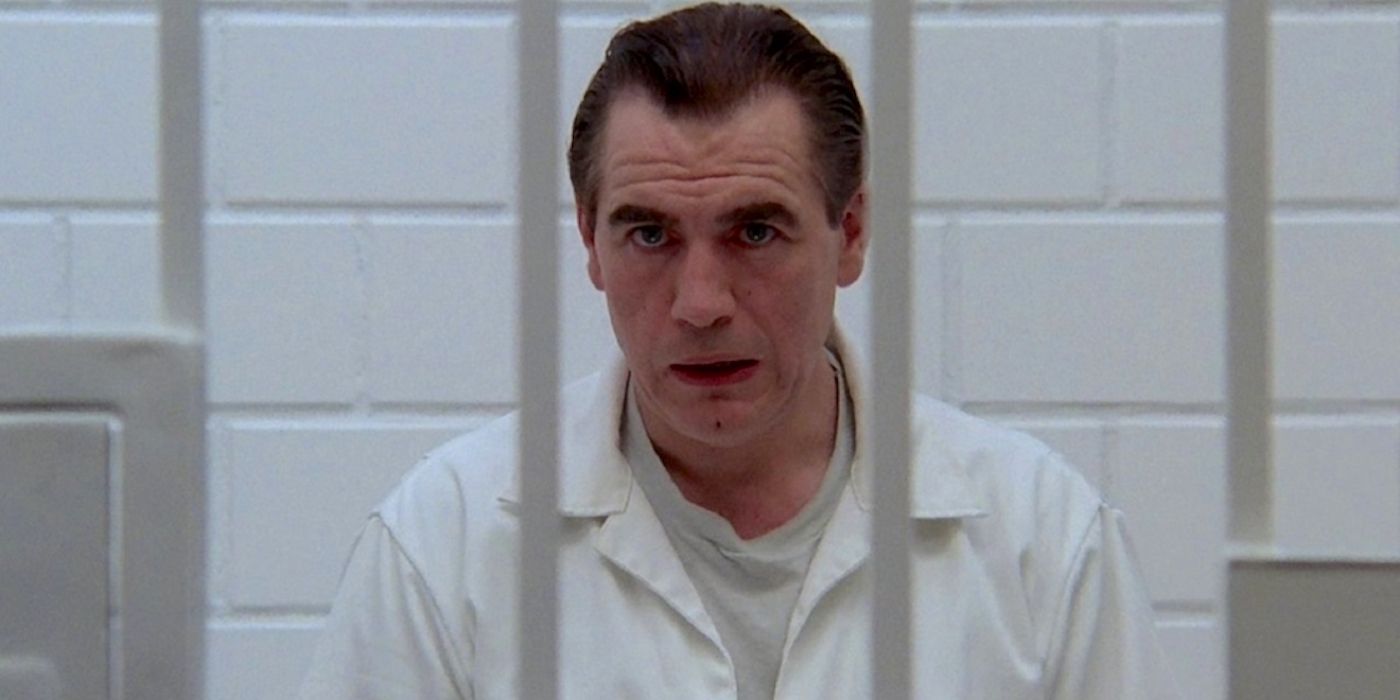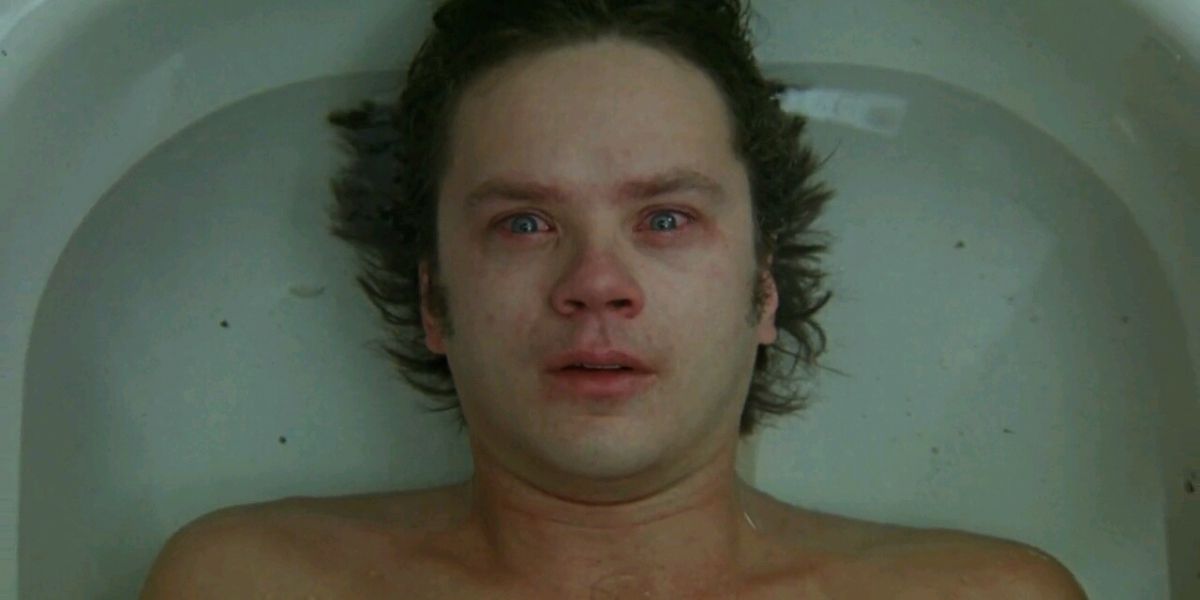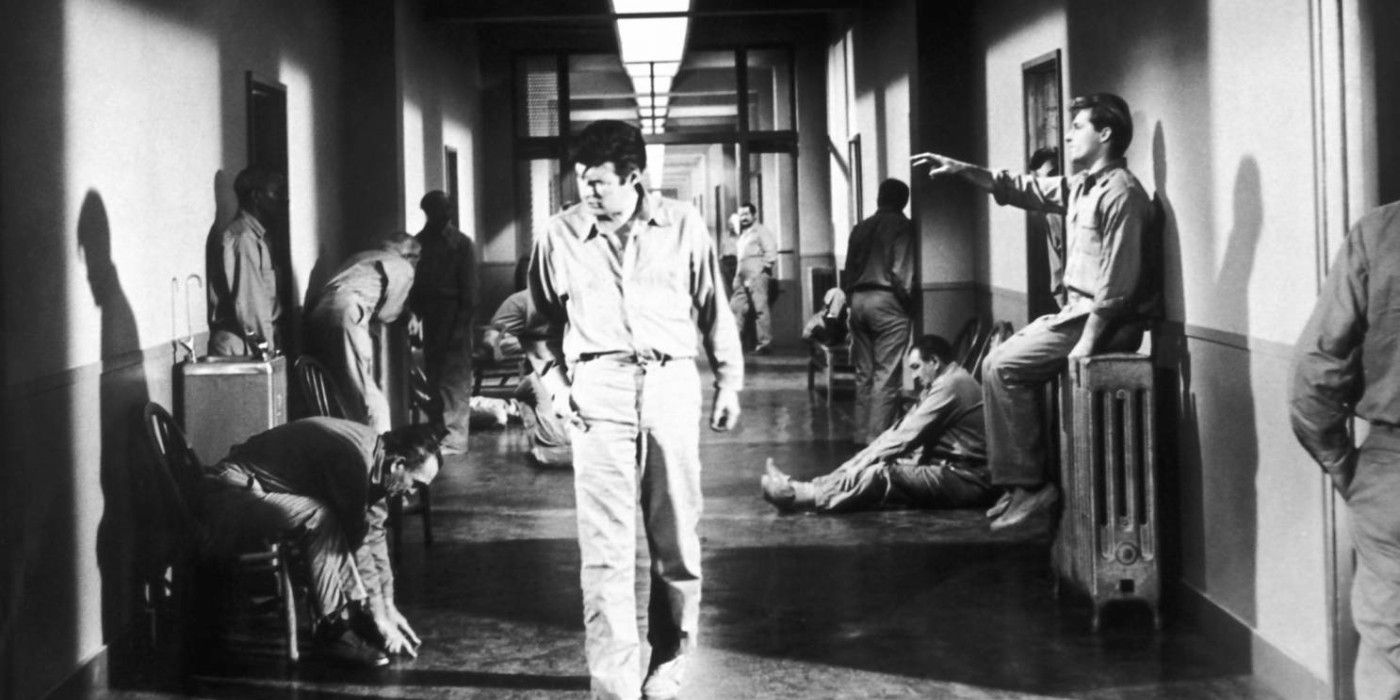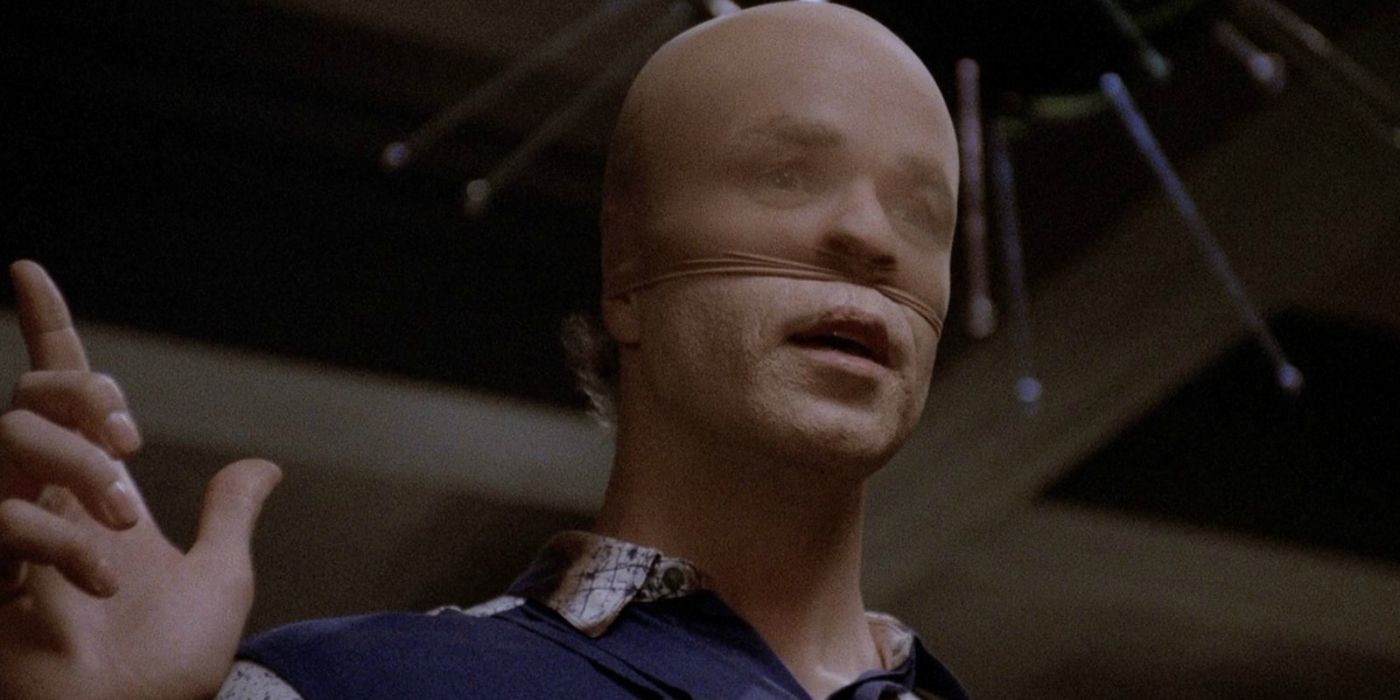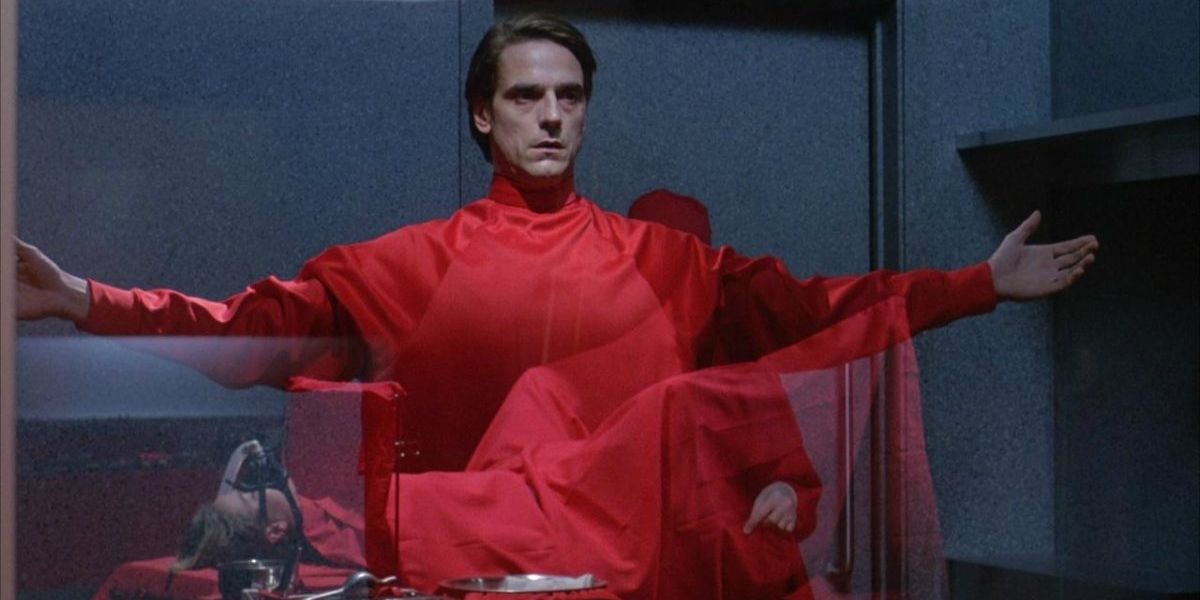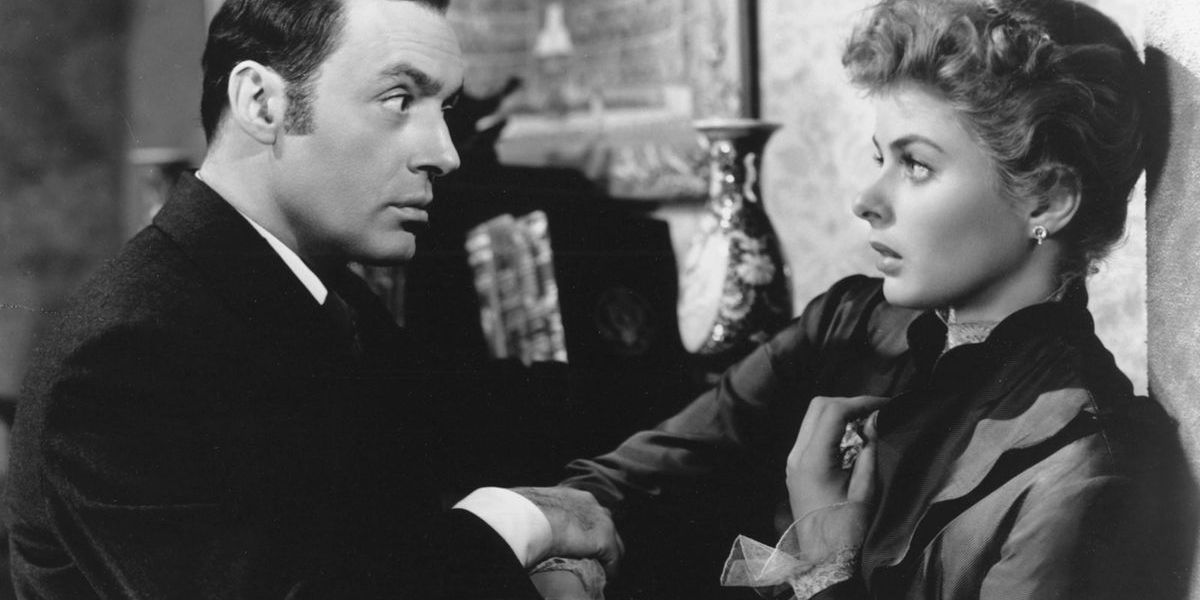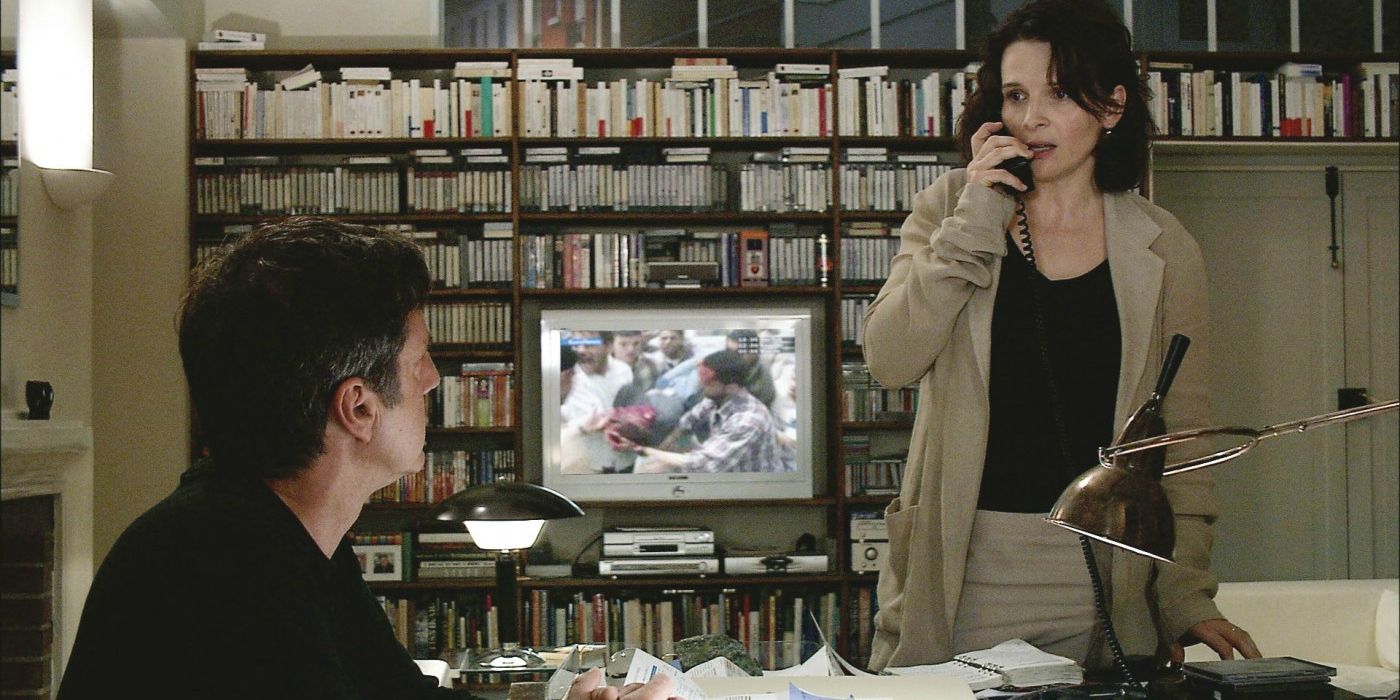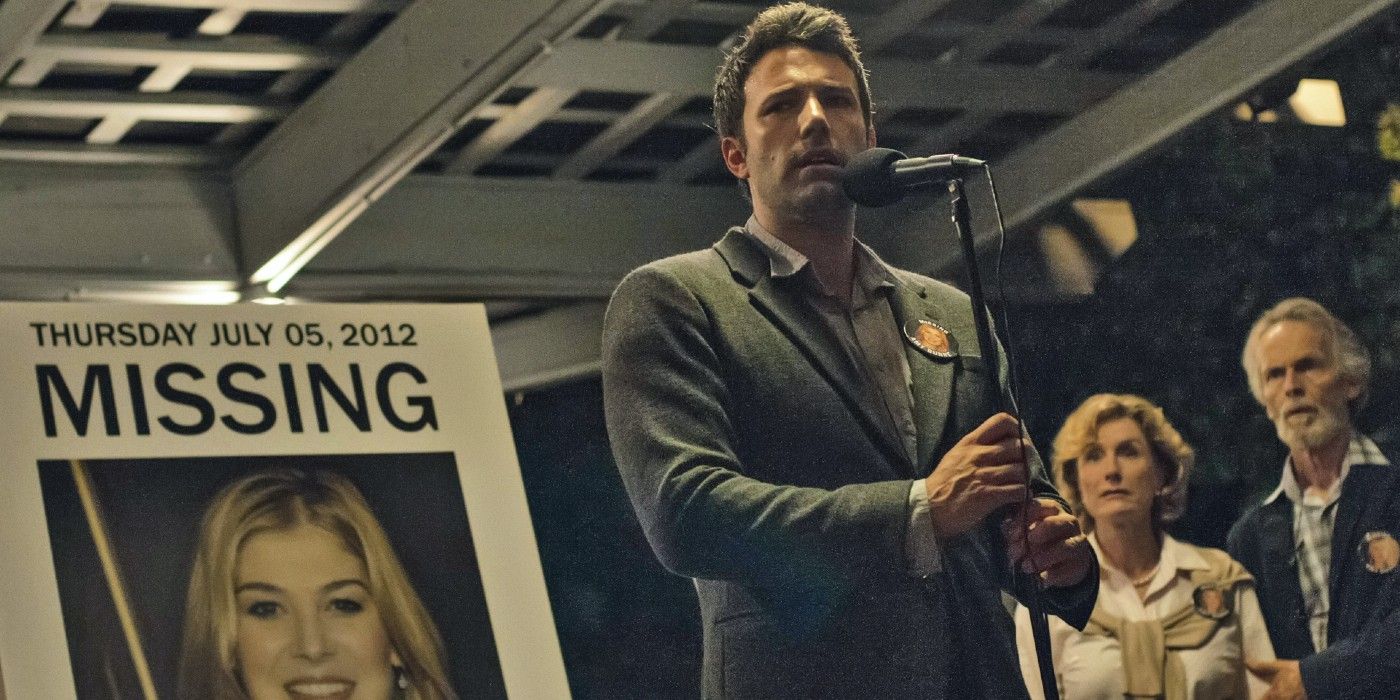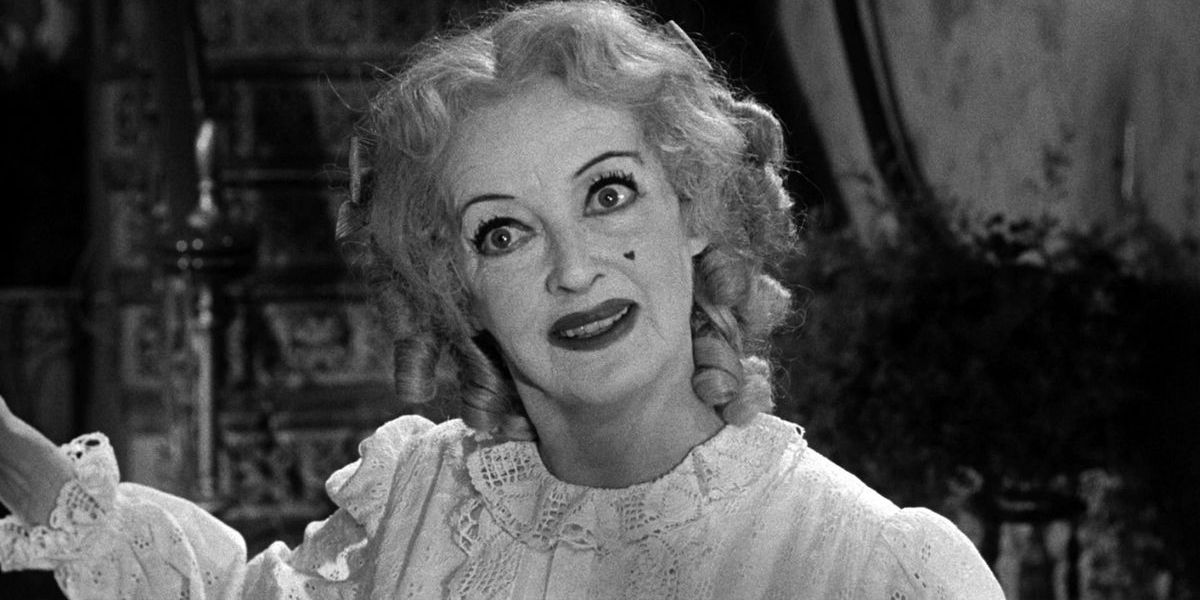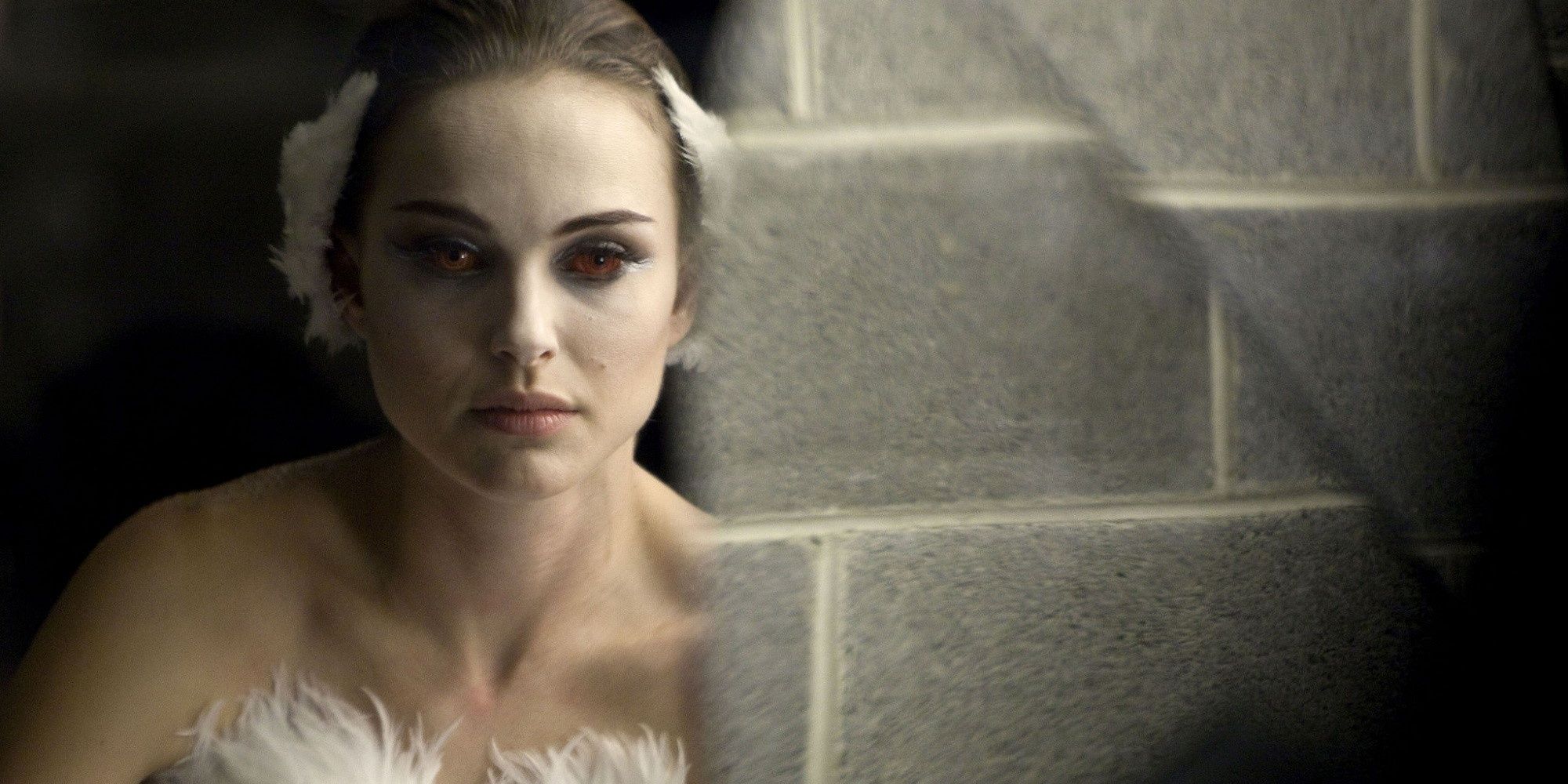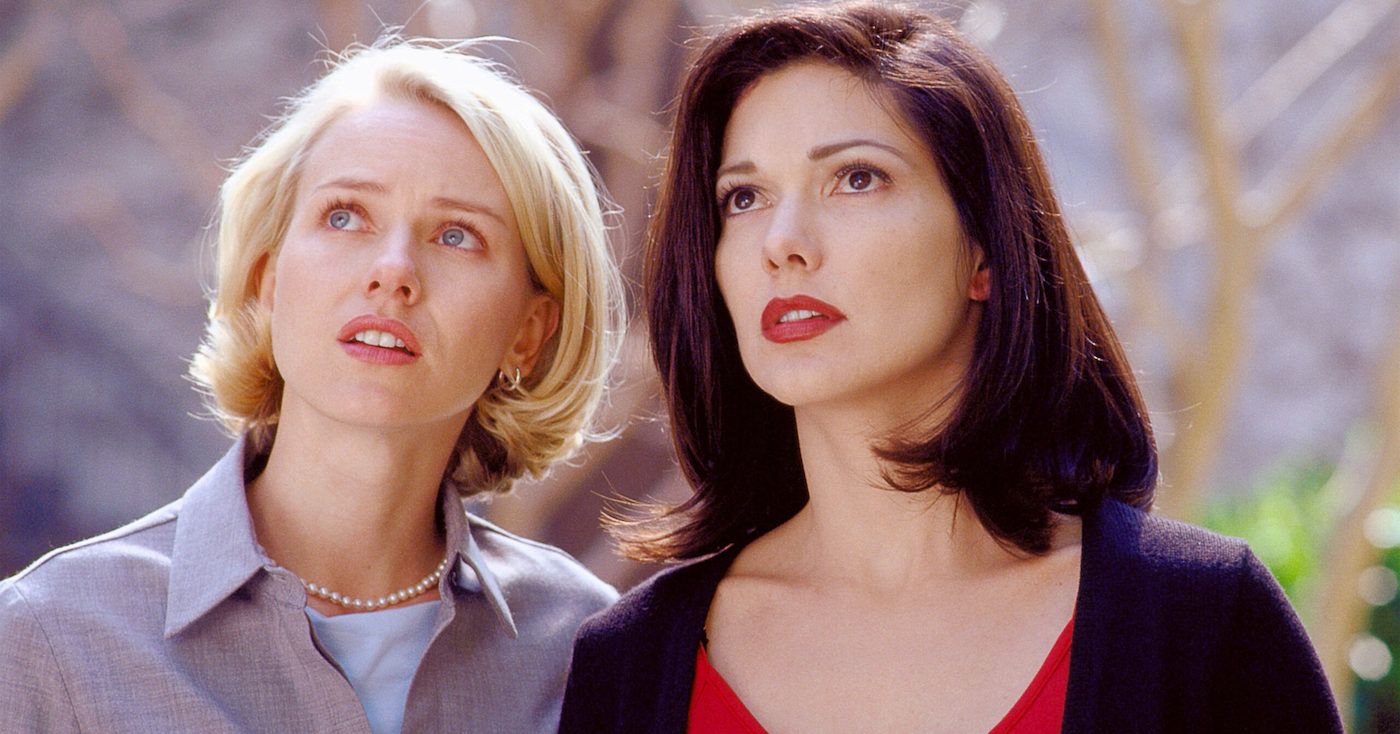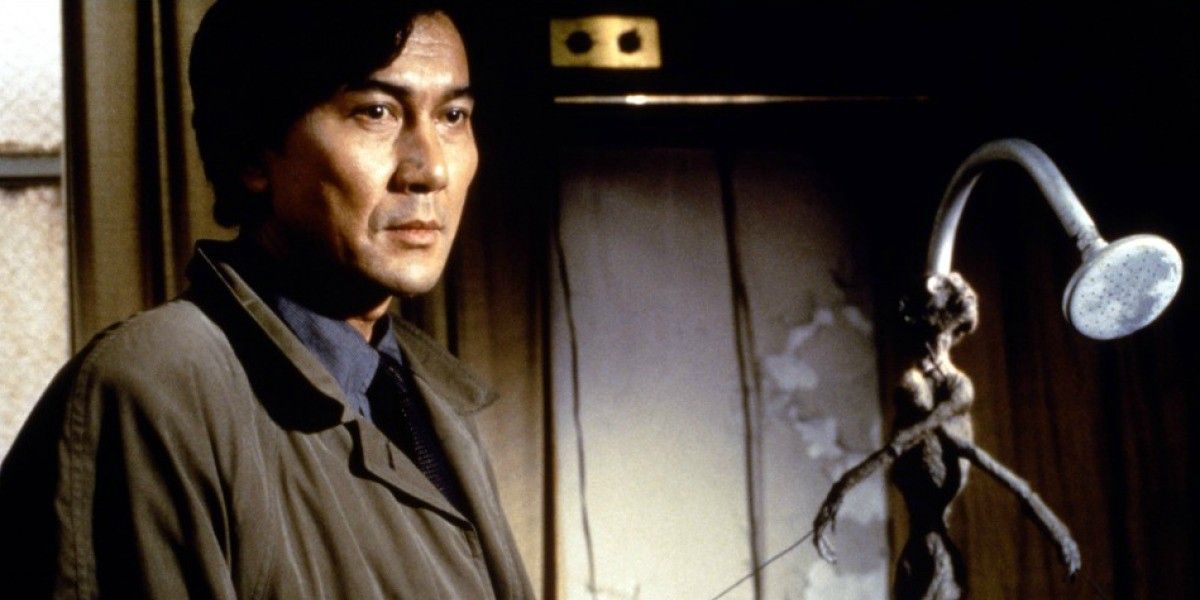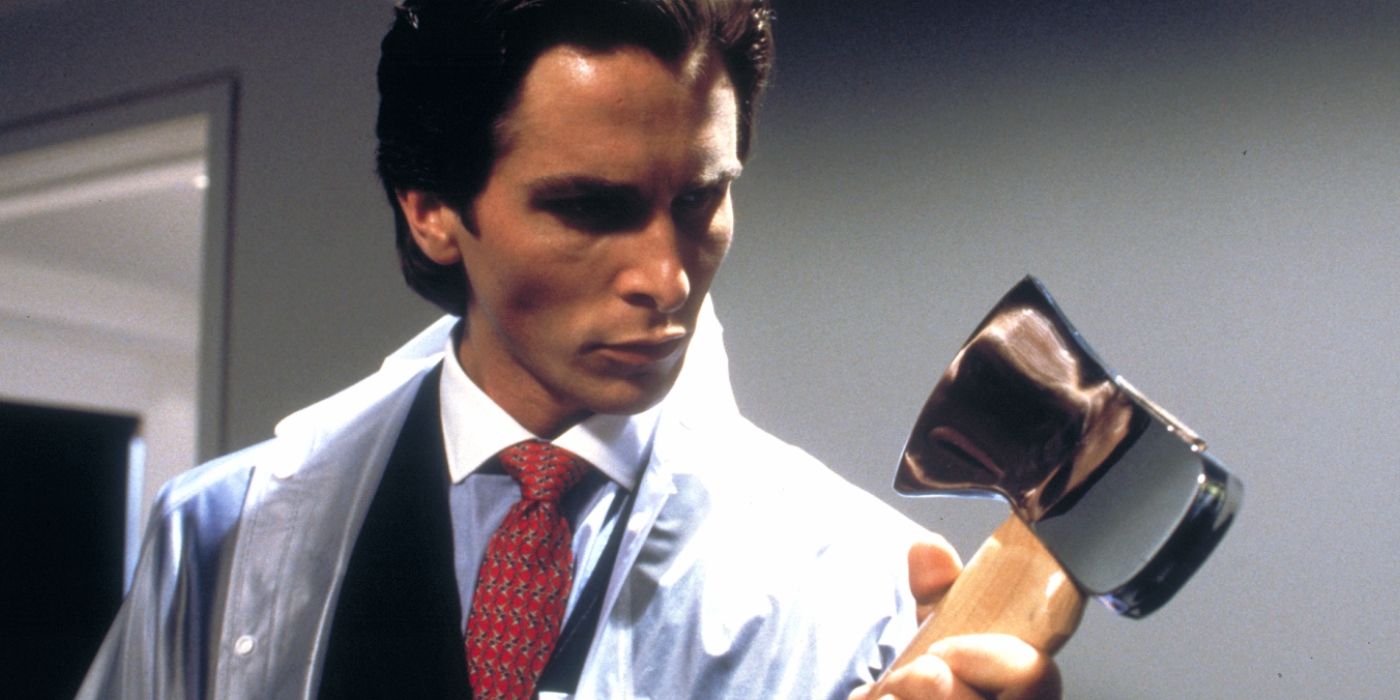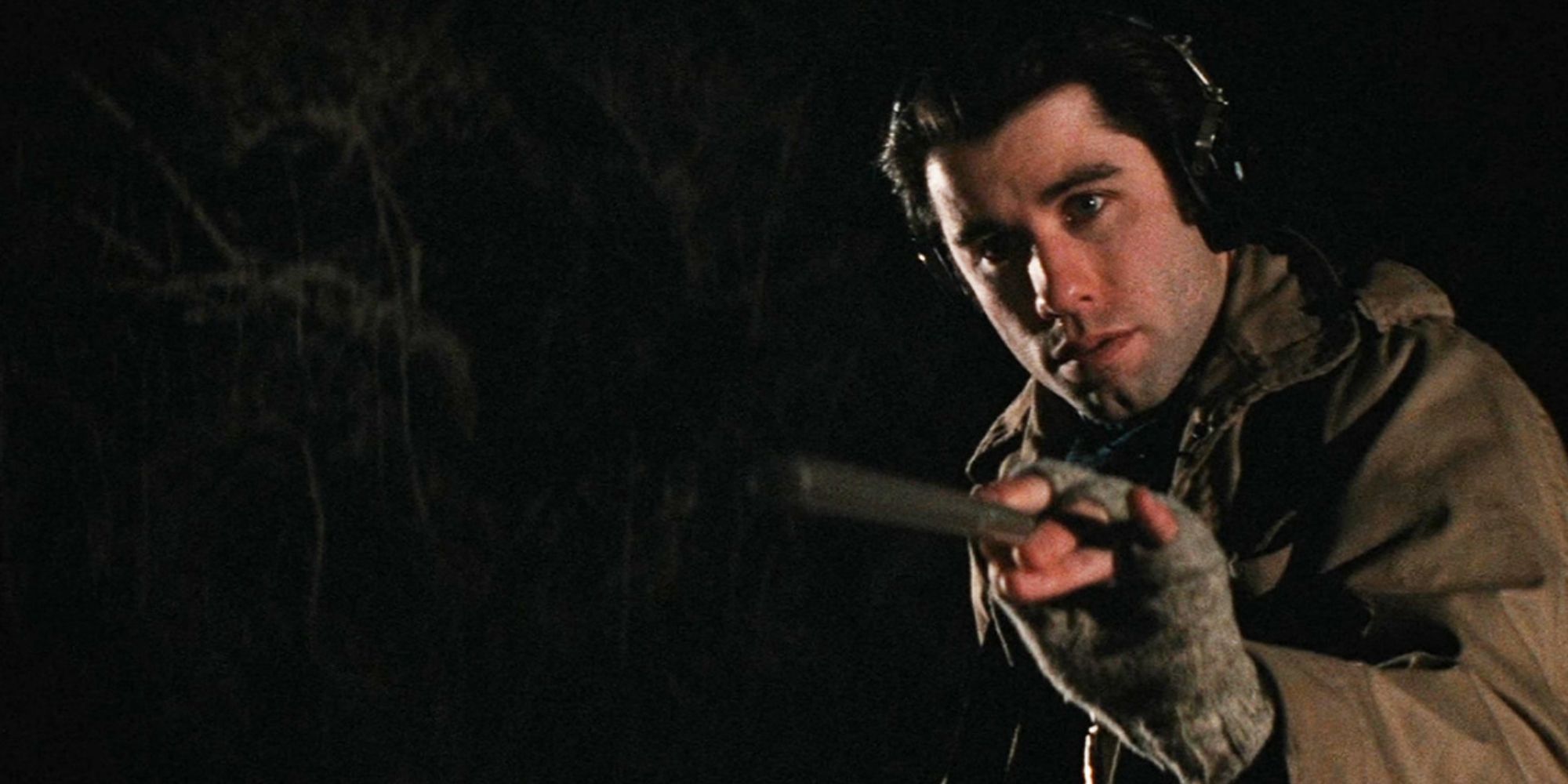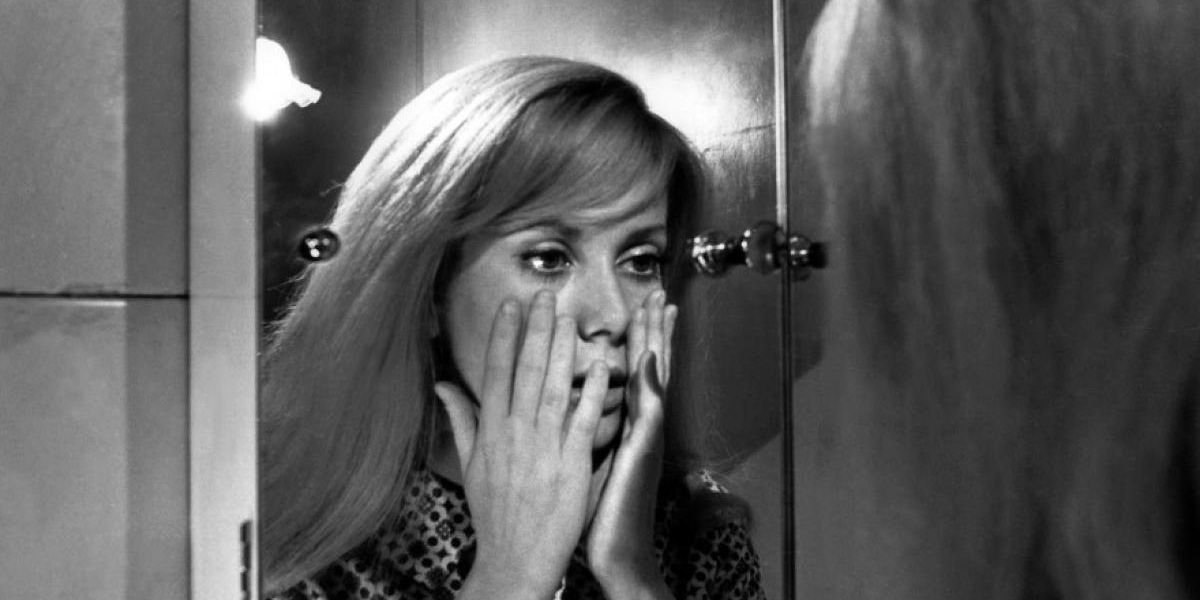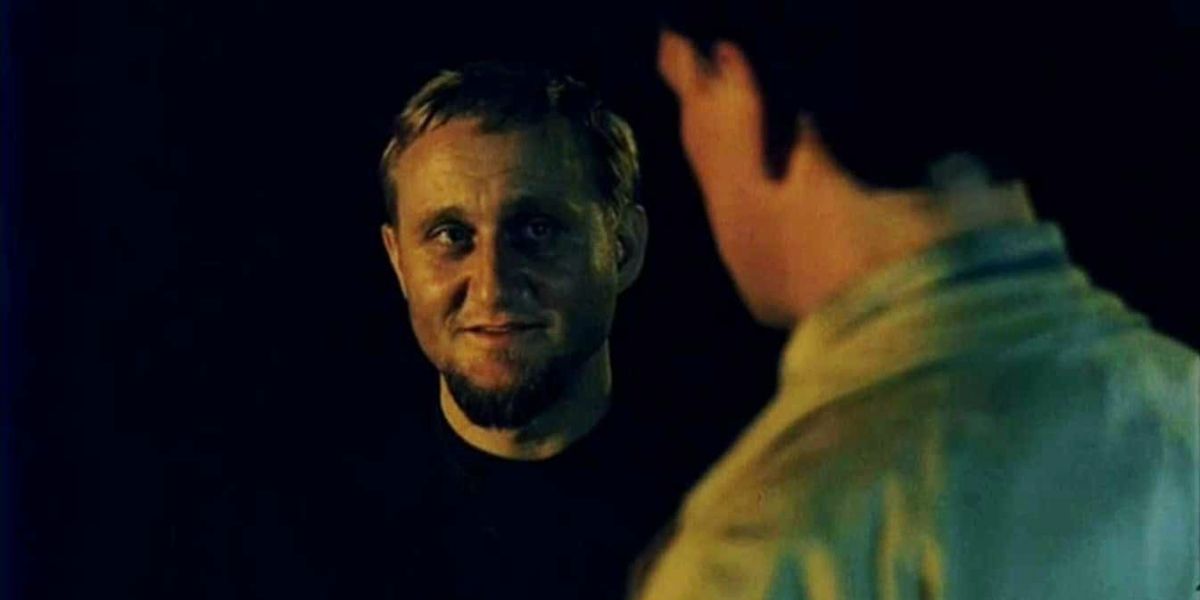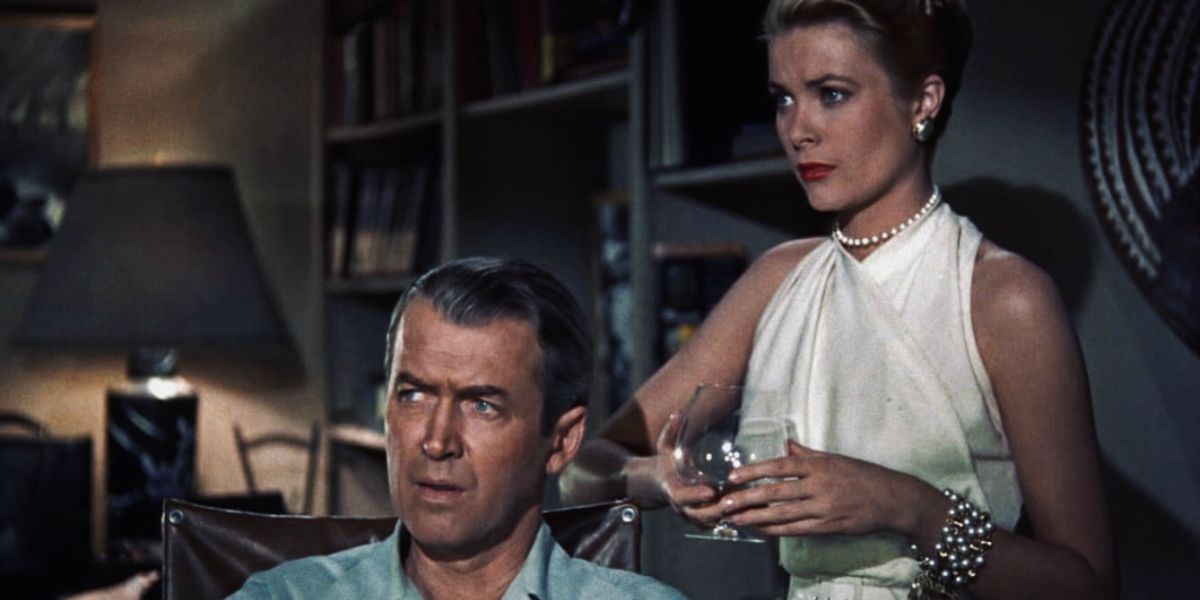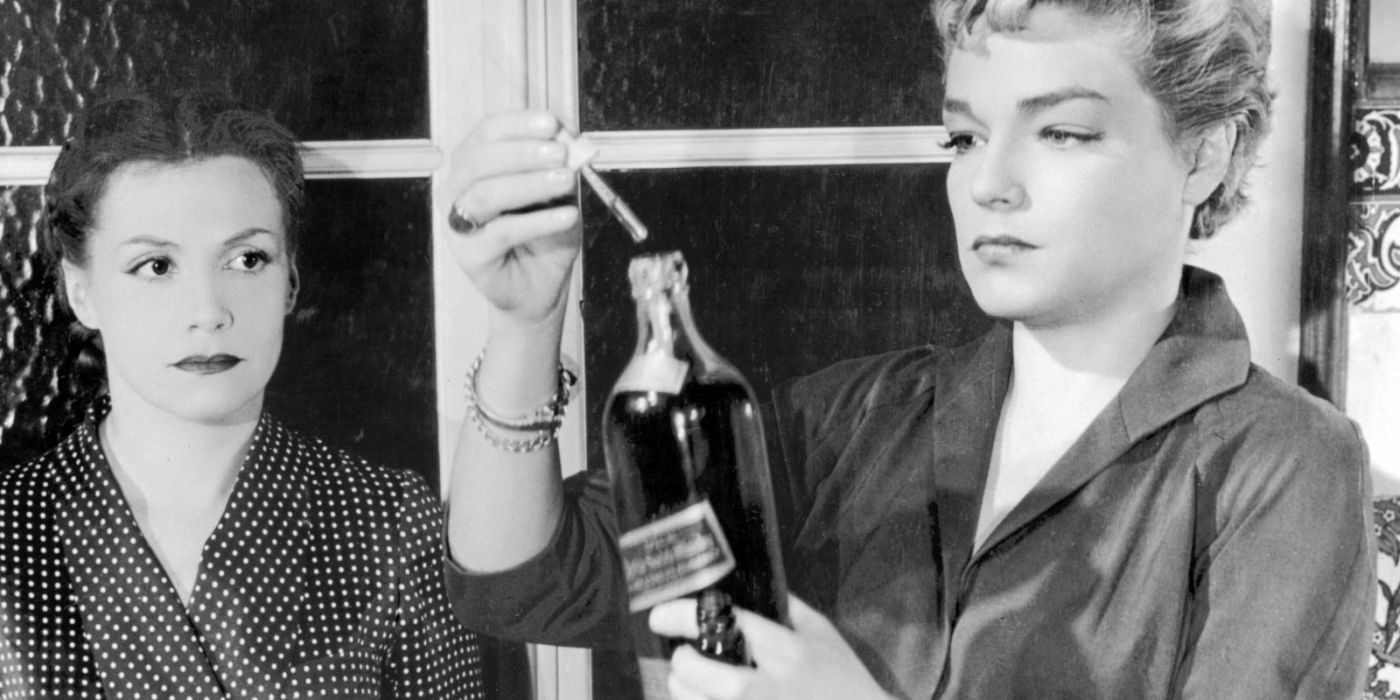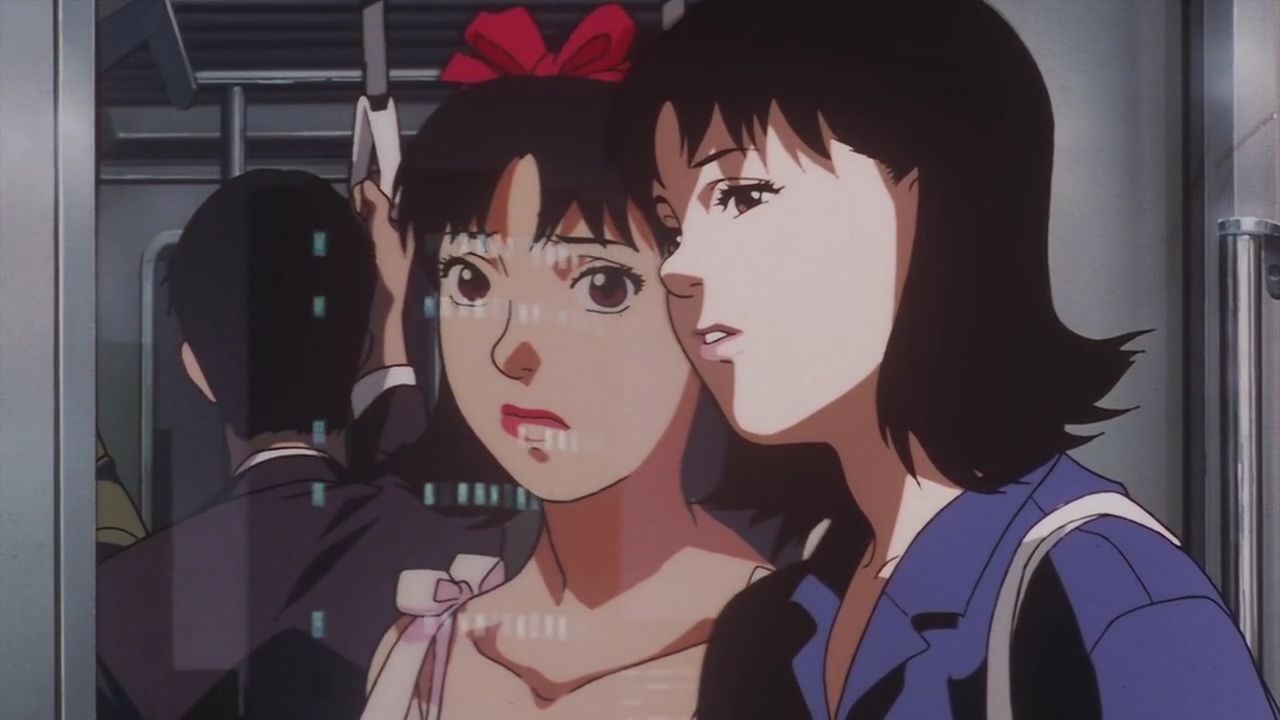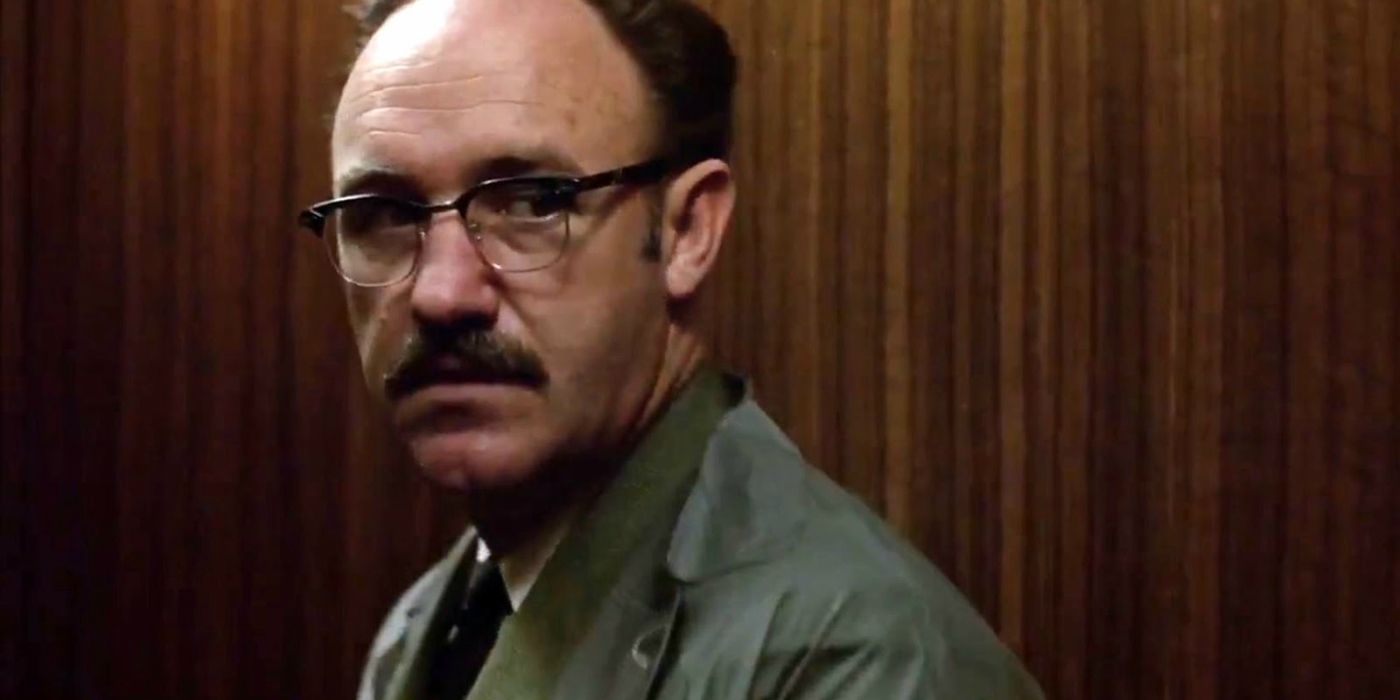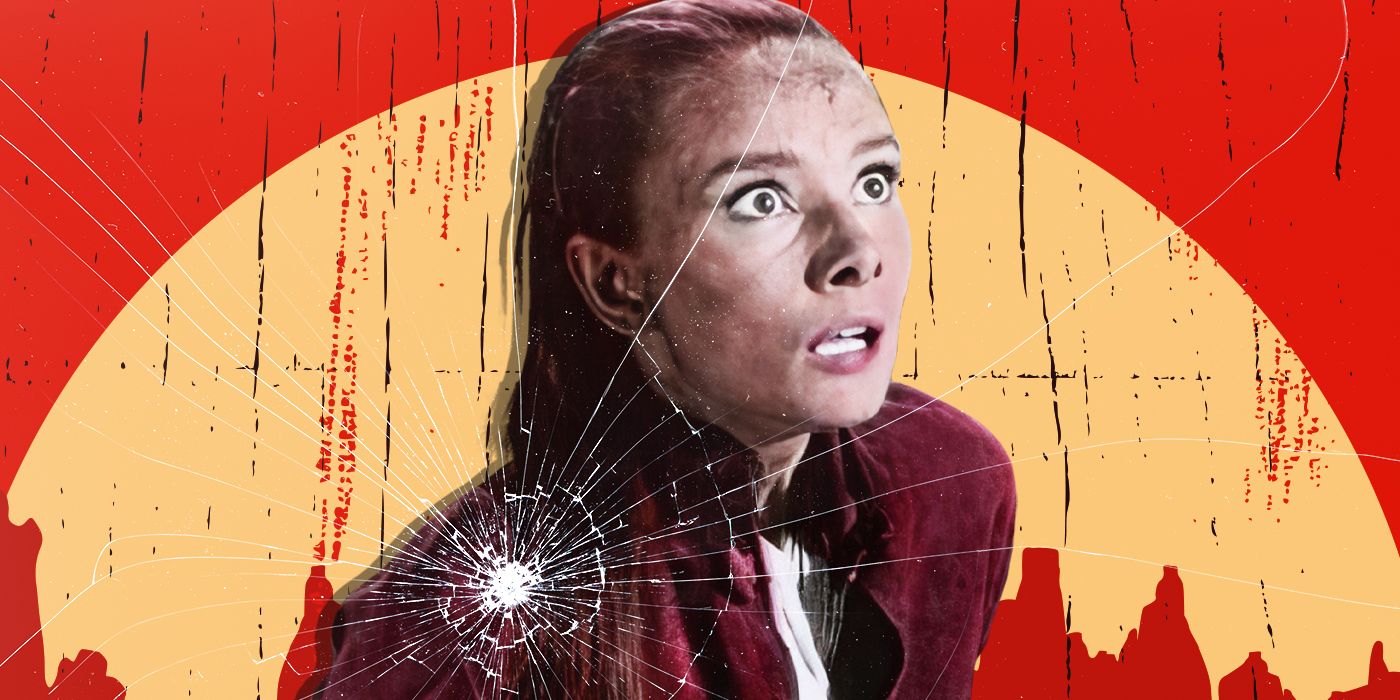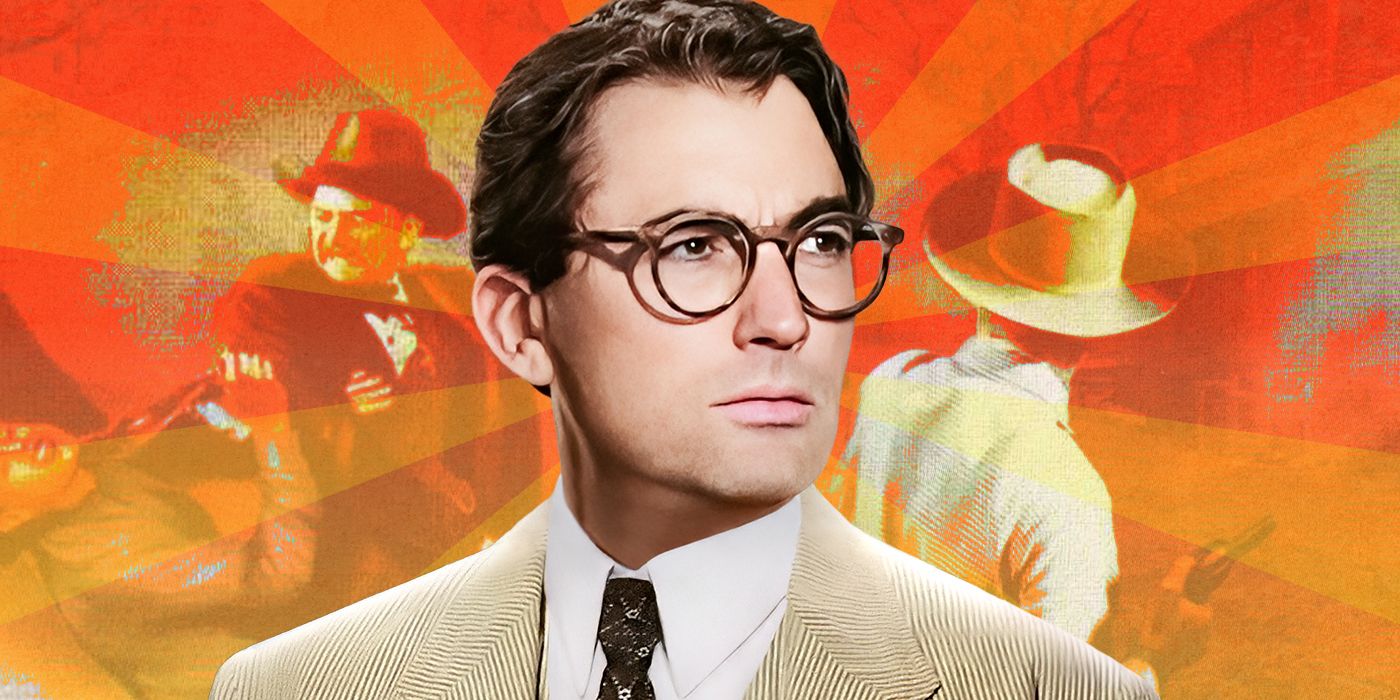It could be said that we go to the movies in the first place for the thrills. The desire to experience new stories put ourselves in someone else’s shoes, and live out exciting events that might otherwise never be possible. We long for escapism. But that’s not what psychological thrillers are all about. Psychological thrillers focus less on external adventure and threat and more on the interior worlds of heroes and villains whose grasp on reality is dangerously close to failing.
It can be hard to pin down which films are psychological thrillers and which are just thrillers in which the characters are motivated by their psychology, which is why we are focusing on films that are 100% thrilling and 100% rooted in psychological anxiety. From Don’t Look Now to Psycho, these are the best psychological thrillers that will provide food for thought.
30 ‘Don’t Look Now’ (1973)
Director: Nicolas Roeg
Thanks to its innovative editing style and some controversial scenes that sparked conversations among moviegoers (especially considering the standards of contemporary mainstream cinema), Don’t Look Now centers around a grieving couple, John (Donald Sutherland) and Laura Baxter (Julie Christie), who mourn the death of their young daughter in Venice. There, they encounter two elderly sisters, one of whom is a psychic.
Meditating on the consequences of grief and the effect of the death of a child on a couple’s relationship, this visually striking arthouse psychological thriller by Nicolas Roeg is guaranteed to astonish those who like the genre. Furthermore, part of what makes this film so remarkable is the symbolism it features and the complex and layered storyline at its center, as well as the film’s shocking twist ending. Don’t Look Now is overall a fantastic film with great performances and an intense, increasingly sinister slow-burn narrative.
Watch on Pluto
29 ‘Jacob’s Ladder’ (1990)
Director: Adrian Lyne
Jacob Singer (Tim Robbins) is a mild-mannered postal worker, recovering from post-traumatic stress disorder after a bloody tour in the Vietnam War. His family is no longer with him, his son died years ago, and he’s just barely putting the pieces of his life together with his new girlfriend… when he sees a tentacle on the subway and mysterious men with blurry faces, viewers are left wondering if it his PTSD affecting him or something far, far more sinister.
The repulsion that Jacob, played by an impressively vulnerable Tim Robbins, has for his present visions and his ugly past permeates into the grimy cityscapes around him. They represent a Hell of his mind’s own making, and by watching his story we are trapped in Hell with him. Jacob’s Ladder is a surreal and captivating vision of the psychological thriller genre; it should come as no surprise that it was a direct influence on the Silent Hill franchise.
Watch on Pluto
28 ‘Shock Corridor’ (1963)
Director: Samuel Fuller
As a filmmaker, Samuel Fuller reveled in pushing narrative boundaries, and in his absolutely electric psychological thriller, Shock Corridor, he practically burst through them. Peter Breck plays Johnny Barrett, a journalist obsessed with winning the Pulitzer Prize, who embarks on a daring scheme to catch a headline. He will go undercover in a mental institution, live amongst the inmates, and get to the bottom of an unsolved murder.
It’s the kind of idea that sounds clever on paper, but puts Barrett in a harrowing position. Without backup, without a confidante, without any chance of respite or escape, he’s plunged into an environment of abuse, paranoia, and delusion, and repeatedly falls under the spell of his fellow inmates. Whether he solves the murder becomes a secondary concern; he’s trapped in a never-ending battle for his own sanity. Outstanding performances, disturbing writing, and daring imagery keep Shock Corridor shocking over 60 years later.
Watch on Max
27 ‘Manhunter’ (1986)
Director: Michael Mann
The first film adaptation of Thomas Harris’s Hannibal Lecter novels, based on the novel Red Dragon, goes deeper into psychological terror than any of the others (at least until the TV show came along). Michael Mann’s Manhunter stars William Peterson as Will Graham, an FBI profiler so talented at getting into the mind of a killer that he ends up losing his own personality and drowns in the darkness.
Hannibal Lecter appears, inexplicably named “Hannibal Lecktor,” and played with a disarming casualness by Succession‘s Brian Cox, whose take on the character is more insidious and less mannered than the other actors who have taken on the role. Meanwhile, as Mann brings out the madness in his protagonist, he’s exploring the humanity of his murderer, Francis Dollarhyde, played by an impossibly frightening, and impossibly tragic Tom Noonan. Manhunter is insightful and terrifying, and in some respects, perhaps the second-best adaptation of Harris’s work to date.
Manhunter
- Release Date
- August 14, 1986
- Director
- Michael Mann
- Runtime
- 119
Rent on Apple TV
26 ‘Dead Ringers’ (1988)
Director: David Cronenberg
David Cronenberg spent the majority of his career exploring the terrors of the human body, and our unnerving psychological obsessions with our own organics. While he’s made several classic films along these lines, it is perhaps Dead Ringers that stands out as his crowning accomplishment. Jeremy Irons plays identical twins who share each other’s work, each other’s lives, and — without telling them — the same women.
Elliot is confident and domineering, Beverly is shy and sensitive, and when they begin a romantic relationship with one of their patients, played by Geneviève Bujold, the strain becomes too much to bear. Irons gives two devastating performances, with subtle, impeccable editing creating the unmistakable illusion, using old-fashioned techniques, that he’s somehow cloned himself. Dead Ringers is a technical marvel, and a sublimely weird, twisted psychological thriller.
Dead Ringers
- Release Date
- September 23, 1988
- Director
- David Cronenberg
- Cast
- Jeremy Irons , Geneviève Bujold , Heidi von Palleske , barbara gordon , Shirley Douglas , Stephen Lack
- Runtime
- 116
Watch on Peacock
25 ‘Gaslight’ (1944)
Director: George Cukor
George Cukor’s Gaslight isn’t just a psychological thriller, it’s synonymous with manipulation and horror — this film’s very title has entered the popular lexicon to describe a form of psychological abuse. Ingrid Bergman stars as a young opera singer who meets the love of her life, a handsome older gentleman played by Charles Boyer. But no sooner are they married and move into the London townhouse does the relationship devolve into a nightmare. Our heroine, it seems, is losing her mind. Or is she?
Gaslight is a remake of a 1940 British thriller, which was almost lost to history after MGM bought the remake rights and tried to destroy the original negatives. And while the classic psychological thriller may have twists that seem telegraphed today, now that viewers all know what “gaslighting” is, the bleak and angry heart of the film still pumps. Bergman’s Oscar-winning performance, as a woman pushed to the brink of her mental endurance, is vulnerable and raw, trapped and clawing, captivatingly genuine, and Boyer’s twisted villainy will always be the stuff of goosebumps.
Watch on Apple TV+
24 ‘Caché’ (2005)
Director: Michael Haneke
Georges (Daniel Auteuil) and Anne (Juliette Binoche) are an unremarkable, upper-class French couple, who discover, to their horror, that they are being watched. Every day a video arrives on their doorstep, with footage of the front of their house. No threats, no message, just one person’s clear obsession with observing them. What the two decide to do with this information says a lot about them. Without any clue, they decide to dig into the past on their own, and what they find is the wretched refuse of a life filled with mistakes.
Michael Haneke’s Caché is elusive and mysterious, and the only solution it provides, in the end, is so subtle it’s easy to miss the first time around. But it’s a fabulous and paranoid puzzle of a film – easily among Michael Haneke’s best movies – and one that speaks to anyone with the capacity for guilt and shame.
Caché
- Release Date
- February 17, 2006
- Cast
- Daniel Auteuil , Juliette Binoche , Maurice Bénichou , Annie Girardot , Bernard Le Coq , Walid Afkir
- Runtime
- 117 minutes
Watch on Tubi
23 ‘Gone Girl’ (2014)
Director: David Fincher
David Fincher’s Gone Girl plays like a lurid airplane novel, but hiding beneath the salacious storyline and the borderline campy violence is one of the filmmaker’s most bitterly observant motion pictures. Ben Affleck stars as a teacher, Nick, who’s married to Amy (the Oscar-nominated Rosamund Pike) who famously inspired a series of children’s books. It’s not a happy marriage, so when Amy goes suddenly missing under suspicious circumstances, the media blitz quickly turns on Nick and makes him the prime suspect.
Where Gone Girl goes from there would be a crime to reveal, but let’s just say there’s more to the story, and Fincher and screenwriter Gillian Flynn, adapting her best-selling novel, have bigger ideas beyond mere murders and mysteries. The absorbing psychological thriller Gone Girl explodes the idea of marriage, of living in public, of being perceived as an object or an icon. Rosamund Pike is next-level fantastic in a multifaceted role — one of the smartest villains of all time — at once harrowing and hilarious and tragic, and Affleck gives one of his finest performances as a man endlessly manipulated.
Gone Girl
- Release Date
- October 3, 2014
- Runtime
- 149 minutes
Rent on Apple TV
22 ‘What Ever Happened to Baby Jane?’ (1962)
Director: Robert Aldrich
In the bizarre and grotesque What Ever Happened to Baby Jane?, filmmaker Robert Aldrich exposes what appears to be a deep-seated loathing for the entertainment industry and the toll it takes on young performers. The film tells the story “Baby” Jane Hudson, a child star of the 1920s whose career eventually took a back seat to her sister, who was the superior actor. A tragic accident left Blanche paralyzed, and Jane blamed for the tragedy, begrudgingly accepting the role as her sister’s unwilling caretaker.
Blanche (Joan Crawford) lives upstairs at the mercy of Jane, played by Bette Davis in one of her best movies. The abuse she suffers is shocking, and the decay of Jane’s psyche is repulsive, but both Crawford and Davis are wholly committed to making this bizarre, mutually destructive life seem plausible. These, the movie argues, are the larger-than-life consequences of living larger than life, and the gruesome fate that befalls these sisters plays out as though it was ripped from particularly salacious headlines. Riveting performances and prurient dread await you in the Aldrich movie.
what ever happened to baby jane?
- Release Date
- October 12, 1962
- Director
- Robert Aldrich
- Cast
- Bette Davis , Joan Crawford , Victor Buono , Wesley Addy , Julie Allred , Anne Barton
- Runtime
- 134
Rent on Apple TV
21 ‘Black Swan’ (2010)
Director: Darren Aronofsky
It’s not for no reason that Natalie Portman took home the Best Actress award for her role in Darren Aronofsky‘s multilayered character study of a struggling artist. Black Swan tells the story of a perfectionistic ballerina on the verge of stardom who is pushed to the breaking point by her artistic director and rival. As such, she begins to slowly descend into a nightmare.
While the lead acting is possibly the best asset of Aronofsky’s intense thriller, Black Swan also features impeccable, masterful direction from the filmmaker. On top of illustrating the troubled psyche of an overworked ballerina, this Oscar-winning feature highlights obsession and sheds light on the terrible pressures at all levels that ballerinas face in the industry. Furthermore, Black Swan also explores sexuality and repression through the experiences of its naive and insecure protagonist.
Black Swan
- Release Date
- December 3, 2010
- Runtime
- 110
Watch on Hulu
20 ‘Mulholland Drive’ (2001)
Director: David Lynch
David Lynch tells stories on the edge of reason, usually leaning in the other direction. Blue Velvet, Eraserhead, Lost Highway, and Twin Peaks: Fire Walk With Me are all must-see films for enthusiasts of the psychological thriller genre, but his masterpiece may very well be Mulholland Drive. Naomi Watts stars as a young and idealistic ingénue who moves to Hollywood and quickly takes up with an amnesiac, played by Laura Harring, who may be on the run from murderers. Together they navigate the twisted world of behind-the-scenes studio conspiracies, the underground dream world of independent theater, and, most shockingly, a revelation that will destroy them.
Whether or not it’s his best film, Mulholland Drive is perhaps Lynch’s most successful thriller (and one of the best thrillers of the 21st century) because the new finale wraps everything up satisfactorily, while still never quite explaining what the nightmare behind the diner really was. It provides the thrills we seek, the depth we crave, and the inexplicable mysteries we couldn’t possibly solve without ruining the mystique.
Watch on Apple TV
19 ‘Cure’ (1997)
Director: Kiyoshi Kurosawa
Kiyoshi Kurosawa’s Cure may very well be the most hypnotic psychological thriller ever made, and quite literally. Cure tells the story of a detective, played on by Kōji Yakusho, tasked with solving an impossible series of murders. In each case, a person is murdered, and the murderer is found nearby, with no memory of what happened or why. The only connection between them is a mysterious drifter named Mamiya (Masato Hagiwara) who doesn’t even know who he is or where he is.
What he does know, and what both Mamiya and Kurosawa employ all too well, are the techniques of hypnosis. Mamiya lulls everyone in his path into a psychologically pliable state, under which they are impressionable enough to do almost anything. Kurosawa lets the technique play out for the audience as well, giving Cure a unique sense of cinematic thrall. Its horrors are tranquil. Its evils are under the skin and deep inside you. Although Cure has an infamously divisive ending, Kurosawa’s film is one of the very finest films of its kind and one of the pinnacles of the psychological horror genre.
Watch on Criterion
18 ‘American Psycho’ (2000)
Director: Mary Harron
American Psycho is, on the surface, a serial killer story. Christian Bale plays Patrick Bateman, a handsome yuppie in the 1980s who works in finance, takes excellent care of his body, and lives a life of absurd luxury. He’s also homicidal, and throughout the film, murders co-workers, sex workers, and even tries to feed a cat into an ATM.
But Mary Harron’s film isn’t a mere saga of violence and brutality; it is a bitter and incisive comedy, in which the horrors committed by Bateman are balanced by the absurdity of his fragile ego. The horrors of American Psycho are clear and threatening, but the real nightmare is the possibility that even Bateman’s most violent, powerful fantasies are nothing more than immature macho fantasy — or worse, that the world exists explicitly to cater to macho fantasies and enables the worst and most pathetic brand of toxic masculinity. American Psycho (one of the best movies of the 2000s) is a gripping psychological thriller and a bitter indictment of the mentalities that feed into the so-called “American Dream.”
American Psycho
- Release Date
- April 13, 2000
- Director
- Mary Harron
- Runtime
- 102
Watch on Peacock
17 ‘Blow Out’ (1981)
Director: Brian De Palma
Like many other Brian De Palma movies, this 1981 psychological thriller explores the human psyche in an intense and utterly compelling manner that will have audiences hooked from the start. This tale is about a sound recordist who accidentally records the evidence that proves that a car accident was actually a murder and finds himself in dangerous waters.
What is so great about the beautifully shot and stylish Blow Out is how it offers viewers a political drama and a serial killer movie at once, building tension like no other. While it surprisingly tanked when it came out 40 years ago (perhaps because audiences found the ending too anguishing), it remains arguably De Palma’s best feature to date. Travolta gave one of his best performances in what is one of the most important films of his career.
Watch on Amazon Prime
16 ‘Repulsion’ (1965)
Director: Roman Polanski
The almost threadbare simplicity of Repulsion may be jarring. The intense movie about paranoia stars Catherine Deneuve as Carol, a young woman living with her sister Helen, who is repulsed by her sister’s boyfriend, her own would-be suitors, and menial elements of her life that would, under usual circumstances, be minor annoyances. When Helen suddenly leaves town for a romantic getaway Carol is left to her own devices and finds herself suddenly mired in her anxieties, phobias, and, gradually, hallucinations.
The majority of Repulsion is just Catherine Deneuve fraying her nerves in an apartment, and yet that only makes her descent into psychotropic horror seem universal. Devoid of contrivance and narrative trickery, Repulsion highlights the subconscious associations Carol has, revealing a web of unchecked, undiagnosed trauma that has finally been given an opportunity to fester, free from seemingly unwelcome distractions of other people.
Watch on Fubo
15 ‘The Vanishing’ (1988)
Director: George Sluizer
George Sluizer’s absorbing Dutch thriller Spoorloos (aka The Vanishing) tells the story of a young couple on a road trip. In the middle of a rest stop, Saskia (Johanna ter Steege) excuses herself to get drinks. Hours later, she has not returned, and Rex (Gene Vervoets) cannot find her. Years later, the mystery is still unsolved. Rex remains obsessed with solving the mystery of her disappearance and will do anything for the answer.
It’s easy to understand Rex’s obsession. It’s less clear what Saskia’s kidnapper, Raymond (Bernard-Pierre Donnadieu), has done with her, let alone why. The Vanishing flits back and forth between cat and mouse, teasing the answers and unveiling everyday villainy. It’s absolutely captivating how matter-of-fact the grotesque imagination and humdrum rehearsals of a terrible crime can be, and by the end of Sluizer’s film, we too are dying to know the solution to this insidious puzzle. And like Rex, we may very well regret that we asked. If you’re looking for films about missing persons, check this out. However, whatever you do, see the original instead!
The Vanishing
- Release Date
- January 4, 2019
- Runtime
- 106
Watch on Criterion
14 ‘Rear Window’ (1954)
Director: Alfred Hitchcock
No catalog of great thrillers — psychological or otherwise — would be complete without Alfred Hitchcock, whose films transformed and frequently exemplified the genre. Rear Window was inspired by a real love affair and stars James Stewart as a thrill-seeking photographer, now trapped in his apartment, and going a little stir-crazy after breaking his legs in an accident. So, he amuses himself by spying on his neighbors, but this is an obsession that infuriates his girlfriend (Grace Kelly), and which may go too far, since he’s pretty sure he just saw one of his neighbors murder his wife.
Hitchcock films this whole movie from the interior of Stewart’s apartment, creating a claustrophobic environment, and transforming everyone into voyeurs. By only witnessing what the hero sees, viewers don’t even think about questioning his interpretation of the crime. So, whenever any of the other characters point out just how thin the actual evidence is (and it’s thin indeed), audiences are forced to either deny logic and fall into the hero’s paranoid mentality or admit begrudgingly that they may have been cleverly tricked.
Rear Window
- Release Date
- September 1, 1954
- Cast
- James Stewart , Grace Kelly , Wendell Corey , Thelma Ritter , Raymond Burr
- Runtime
- 112 minutes
Watch on Criterion
13 ‘Les Diaboliques’ (1955)
Director: Henri-Georges Clouzot
Henri-Georges Clouzot’s ingenious and sultry thriller Les Diaboliques stars Véra Clouzot as the long-suffering wife of an abusive husband (Paul Merisse). She’s so isolated that her only friend is her husband’s mistress (Simone Signoret), because she’s the only other person who understands just what a monster he is. What a twisted and unexpected situation in which to find oneself; it’s exactly the sort of pressure cooker relationship that seems likely to lead to murder.
The allure of Les Diaboliques (also regarded as one of the best French horror movies of all time) goes well beyond its twisty plot. Clouzot and Signoret are iconic as dual femme fatales, one sensitive and guilt-ridden, the other unflappable and icy, thrown together into increasingly bizarre circumstances and thinking out all of their unthinkable choices. Les Diaboliques sinks you into a pool of suspense and suspicion, and forces you to drown in it.
Watch on Max
12 ‘Perfect Blue’ (1997)
Director: Satoshi Kon
Japanese animator Satoshi Kon’s too-short directorial career comprised only four feature films before his death, all of them brilliant, The psychotropic and inventive thriller Perfect Blue was his debut, and it remains a watershed for the genre, cleverly foreshadowing techno horror, cracking open the perils of modern celebrity culture, and the dangers of losing oneself in their work. Perfect Blue showcases the flaws of fame by telling the story of a teen music icon, Mima Kirigoe (Junko Iwao), who decides to give up her extremely popular band and pursue a career in acting.
Energized, creative, influential, and genuinely frightening, Perfect Blue made a mark on the thriller genre and turned Kon into a filmmaker’s filmmaker, with directors like Darren Aronofsky and Christopher Nolan both taking direct inspiration from his distinctive imagery and storytelling style. It is a must-see meditation on how obsession destroys the artist.
Perfect Blue
- Release Date
- February 28, 1998
- Director
- Satoshi Kon
- Cast
- Junko Iwao , Rica Matsumoto , Masaaki Ôkura , Shinpachi Tsuji
- Runtime
- 81
Watch on Shudder
11 ‘The Conversation’ (1974)
Director: Francis Ford Coppola
In the early 1970s, between making The Godfather and The Godfather Part II, Francis Ford Coppola directed one of the best psychological thrillers ever made. The Conversation stars Gene Hackman as Harry Caul, a surveillance expert who records a conversation between two young lovers, and examines and re-examines the audio obsessively, thinking he may have uncovered a murderous plot.
Inspired by Michael Antonioni’s similar Blow-Up — about a photographer who keeps enhancing an image, thinking it’s evidence in a murder — Coppola’s film adds governmental paranoia into the mix, and highlights the lonely existence of a man who knows just how little privacy there is in the modern world, specifically because he’s so good at invading it. It’s a profound character piece, featuring one of the most nuanced performances of Hackman’s career, and a smart and unexpected thriller about how little we know, no matter how much we hear.
The Conversation
- Release Date
- April 7, 1974
- Director
- Francis Ford Coppola
- Cast
- Gene Hackman , John Cazale , Allen Garfield , Frederic Forrest , Cindy Williams , Michael Higgins
- Runtime
- 113
Watch on Netflix

